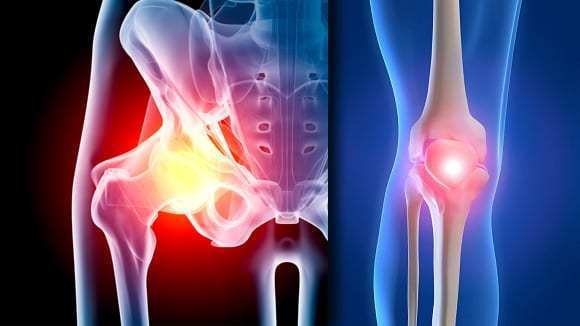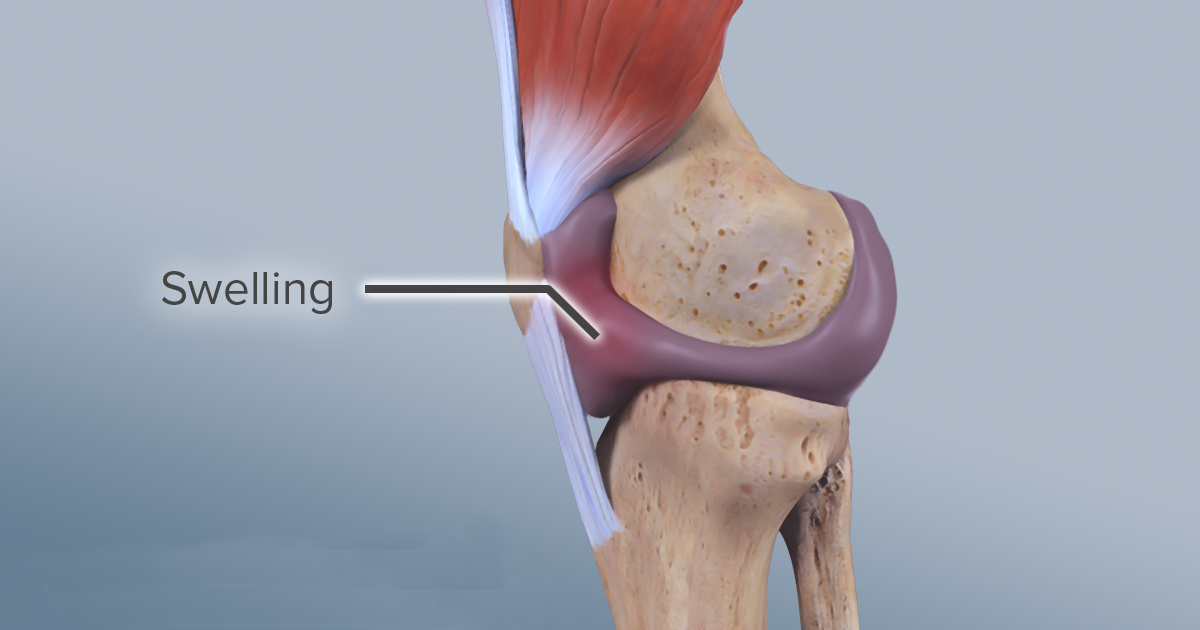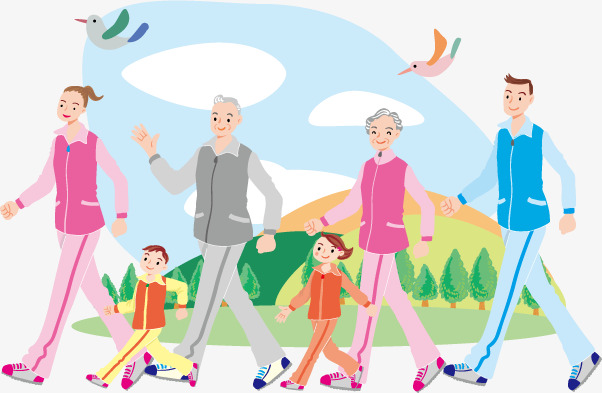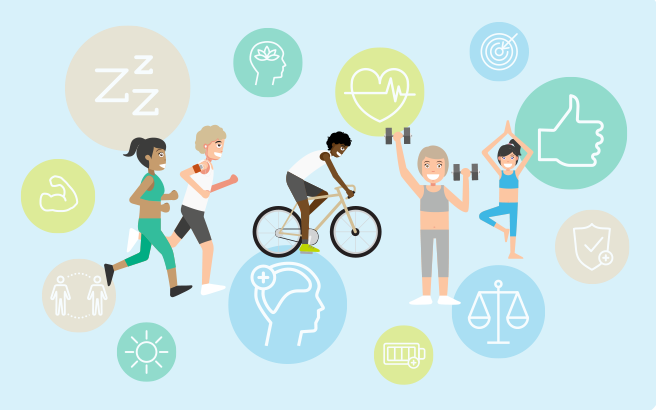Post Surgery Care
Hip/Knee Replacement Post Care
You’ve had your hip or knee replacement surgery, and after three months or so you’re likely seeing significant reductions in pain and improvements in function. Becoming more active now should be part of your continued return to mobility – and is key to the health of your new joint and your overall health.
The goal of that surgery isn’t just to reduce pain. It is to allow you to be active. When you get moving, you’ll do wonders for your general well-being.


Pain & Swelling
It is normal to experience pain, bruising and swelling at the surgical site. Over the next 6 weeks, you should feel an improvement in these symptoms. Be sure to take your pain medications as prescribed. You can gradually wean yourself off your pain medication as you recover and your pain improves. Use ice as needed through the day (follow the advice of your physiotherapist about the use of ice). To help reduce swelling, make sure your lie flat with your leg elevated above the level of your heart. Swelling can continue up to 12 months after surgery.
Exercise & Activity
It is normal to experience pain, bruising and swelling at the surgical site. Over the next 6 weeks, you should feel an improvement in these symptoms. Be sure to take your pain medications as prescribed. You can gradually wean yourself off your pain medication as you recover and your pain improves. Use ice as needed through the day (follow the advice of your physiotherapist about the use of ice). To help reduce swelling, make sure your lie flat with your leg elevated above the level of your heart. Swelling can continue up to 12 months after surgery.


Walking
Continue to use your aid (cane, crutches, walker) as your physiotherapists taught you before leaving the hospital. This will help you to develop a normal walking pattern. It is better to walk normally with a cane than to walk with a limp without a cane. Walking with a limp may put more load on your joint replacement, be a hard habit to break even when you have no pain, and your muscles will not strengthen in a pattern that will improve your walking.
General Health
It is normal to feel generally tired and have a poor appetite for several weeks after the surgery. Some patients also experience constipation from certain medications. Try not to nap too much during the day so you will sleep better at night. Drink plenty of water and eat fruits and vegetables to improve your energy and prevent constipation.


Physical activity
A lot of people define physical activity more narrowly, as something like cycling, skiing, or weight training. That’s certainly part of it. But being active is much more.
Sports and exercise tend to be more structured and “intense” forms of physical activity. That’s one type of activity.
Even people who do not have a sport or form of exercise that interests them might still have a favourite recreational pastime that makes their body work harder than normal. So that’s another type of activity.
Sometimes, being physically active starts with simply getting off the chair, with more “active living”. That means purposely adding activity to your life like walking or biking to the store, taking the stairs instead of the elevator, or walking the dog.
Be active
Being active is one of the most important things you can do to improve and maintain your physical and mental health, and your quality of life.
Just some of the benefits of regular activity are:
- Helps to maintain your weight
- Improves your balance
- Limits the loss of muscle that happens with aging and inactivity.
- Increases the life of your joint replacement.
- Strengthens your muscles and joints, and keeps your joints flexible.